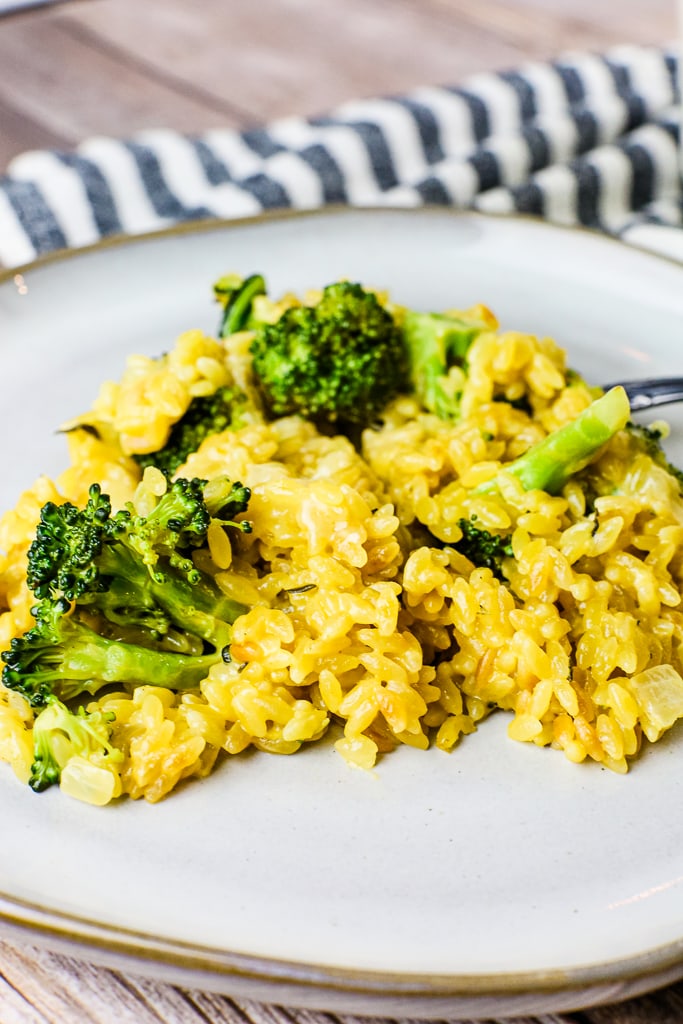When the good people at everydayhealth.com contacted me about having one of their writers do a guest post for my blog, I thought it would be a great opportunity to have a health writer share her thoughts about a topical issue in the world of nutrition. Please welcome Darci Sosa to Happy Healthy Mama, writing about the confusing world I’ve gotten to know a little too well in the last few months: the world of the gluten-free diet.
As someone in the health field, I try to keep track of the latest diet trends I see advertised and hear my friends talking about. There seem to be a lot of diet books and health talk shows dedicated to wheat-free, gluten-free diets.
While these diets do promise weight loss, we should take a closer look at what they promote and what results you can expect from following one of these diets.
There are some people who have food allergies or intolerances to gluten and/or wheat. These people must follow a medically prescribed diet and completely avoid either of these ingredients or they become very sick. Anyone who suspects that they may have an intolerance or allergy to either of these should see their doctor with their personal concerns.
When you follow these diets you eliminate all wheat, barley, rye, and most oats. You also eliminate popular food items made with wheat and/or gluten which include breads, pastries, pasta, ready-made and hot cereals, pizza and pie crusts, bread crumbs, and batters. Gluten, in particular, is also found as a component of many packaged foods as well as canned soups.
I have heard claims that wheat and gluten consumption increases risk of diabetes, heart disease, weight gain, arthritis, and inflammation. While these can all be theorized, so far there have been no long-term medical studies proving any of this to be true for people who don’t have a gluten and/or wheat allergy.
People may initially lose weight on these diets, but this is most likely because they are eating fewer calories, not because they have eliminated wheat or gluten.
People with gluten and/or wheat sensitivities will benefit from this diet, but there is no proven evidence so far that a gluten- or wheat-free diet will promote weight loss or cure any additional health concerns for a particular individual. Diet deficiencies can also occur over a long period of time when you completely cut out an entire food group, like grains. If you still decide you would like to follow one of these diets, it’s important that you add wheat/gluten substitutes to your diet to ensure you are getting enough of the vitamins and minerals found in grains. These substitutes include, but are not limited to, brown rice, potatoes, corn, millet, and quinoa. There are also lots of gluten-free/wheat-free packaged foods such as rice pizza crust that allows you to safely enjoy your favorite foods.
What has been proven to promote weight loss is changing from refined carbohydrates to whole grains (Whole grain compared, 2012). Replacing all white breads, pasta, cereals and packaged foods with 100% whole grain breads, pastas, and cereals which are high in fiber, keeping you fuller longer and naturally providing nutrients your body needs.
Portion sizes matter too. No matter which foods you are consuming, you need to watch your size and count your calories. Adding lots of fresh or frozen fruits and vegetables, lean protein, and low-fat dairy can also contribute to weight loss.
Following a gluten-/wheat-free diet isn’t harmful, as long as you make sure to include gluten-/wheat-free grains as part of your diet plan. Always speak with your doctor or dietitian before you make drastic dietary changes or if you think you may be suffering from a specific medical condition in which you could benefit from a dietary change.
In the end you’ll find that regardless of diet plan it comes down to consuming fewer calories than you normally eat. It’s calories in verse calories out. So it’s also important to develop a fitness plan to burn calories and eat a healthy diet every day.
Guest Blogger Darcie Sosa is a Dietetic Technician with Everyday Health’s Calorie Counter available at http://www.my-calorie-counter.com/
(2012). Whole grain compared with refined wheat decreases the percentage of body fat following a 12-week, energy-restricted dietary intervention in postmenopausal women. Retrieved from http://www.ncbi.nlm.nih.gov/pubmed/22357746



Thanks for the article I appreciate the list of substitutes…I actually didn’t know corn was a good grain substitute!
You’re welcome. There are lots of support group and gluten free living websites out there to help guide you along! Happy Eating!